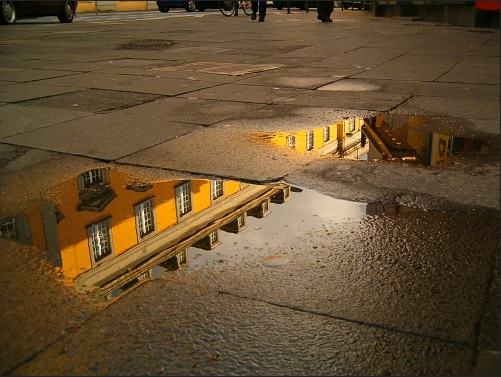Karrmen Crey’s Producing Sovereignty explores the rise of Indigenous media in Canada since the 1990s, focusing on the intersection of cultural production, institutional influence, and Indigenous sovereignty. Using documentary and non-fiction films as case studies, Crey examines how Indigenous creators navigate and challenge colonial structures, using media as a tool for asserting identity and autonomy.
Keyword: institutions
The Contexts of Critique: Para-Institutions & the Multiple Lives of Institutionality in the Neoliberal University
Response to Jodi Melamed, “Proceduralism, Predisposing, Poesis: Forms of Institutionality, In the Making,” published in Lateral 5.1. Tabares invites us to question the role of what he calls ‘para-institutions,’ such as corporations, in shaping and influencing the logics and investments within the university. As a counterpoint to these processes, he ponders the possibilities of seizing upon the elements of proceduralism in mobilizing forms of collectivity that can span across institutional contexts outside the academy.
Neoliberalism, Racial Capitalism, and Liberal Democracy: Challenging an Emergent Critical Analytic
Response to Jodi Melamed, “Proceduralism, Predisposing, Poesis: Forms of Institutionality, In the Making,” published in Lateral 5.1. Aho pointedly argues that studies of institutionality all too often substantiate what she calls neoliberalocentrism, which readily posits neoliberalism as the singular paradigm into narrating a teleological development of history. Instead, she echoes Kim and Schalk to articulate ‘crip-of-color materialism’ as an analytic that thickens understandings about global structures of inequity and fissures within them.
Response to Tanja Aho and Leland Tabares: Madness and Parainstitutionality
Tanja Aho’s response both criticizes a scholarly trend she identifies as “neoliberalcentrist analytics” for presuming neoliberalism’s homogeny, hegemony, and totality and introduces a new critical analytic, “crip of color materialism,” which Aho describes as “the convergence of a historical materialist critical disability studies/crip theory/mad studies with critical race theory and queer of color critique.” This…
Undisciplined
Cultural studies should be a political act against the institutionalizing processes of becoming disciplined


